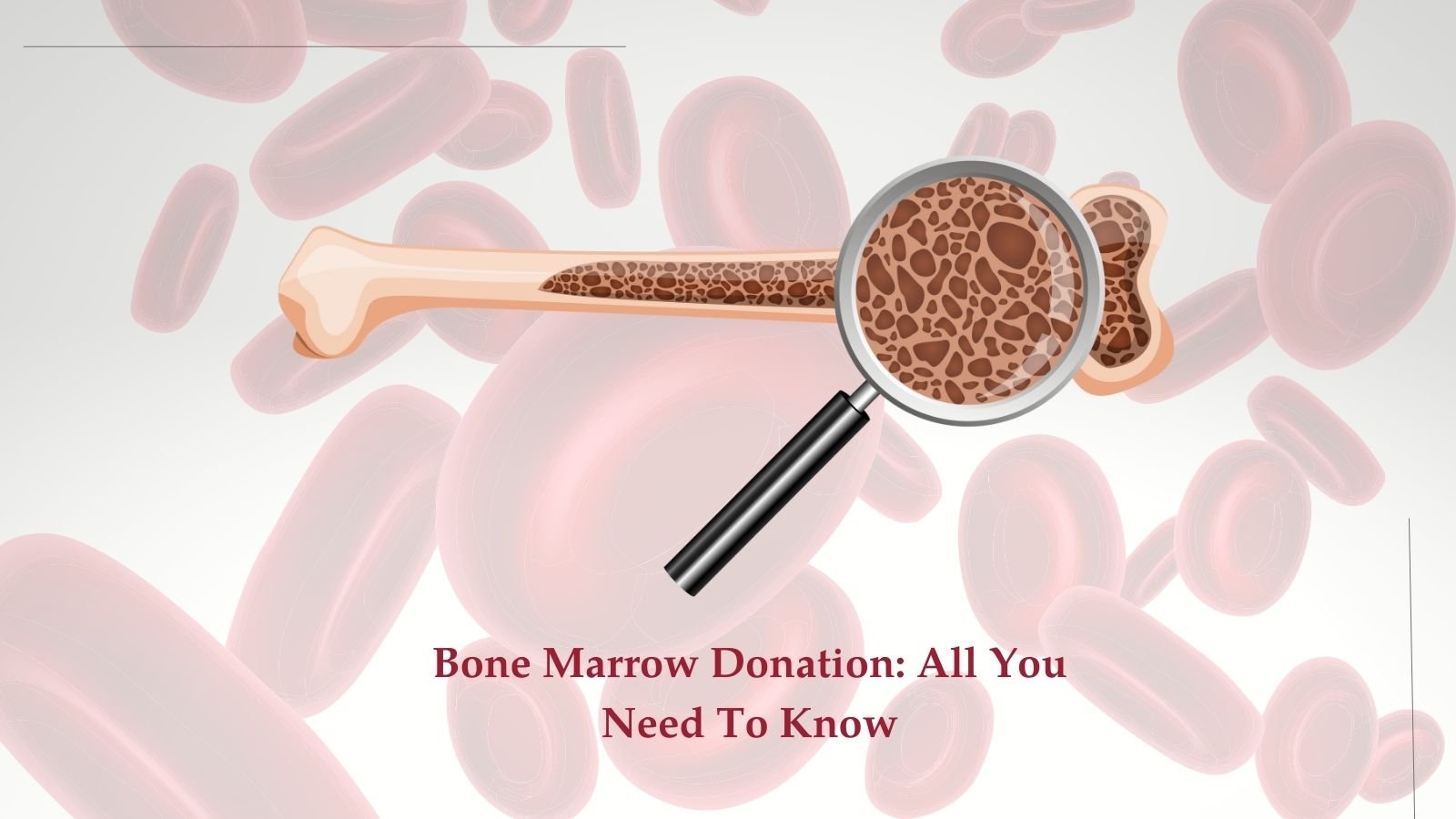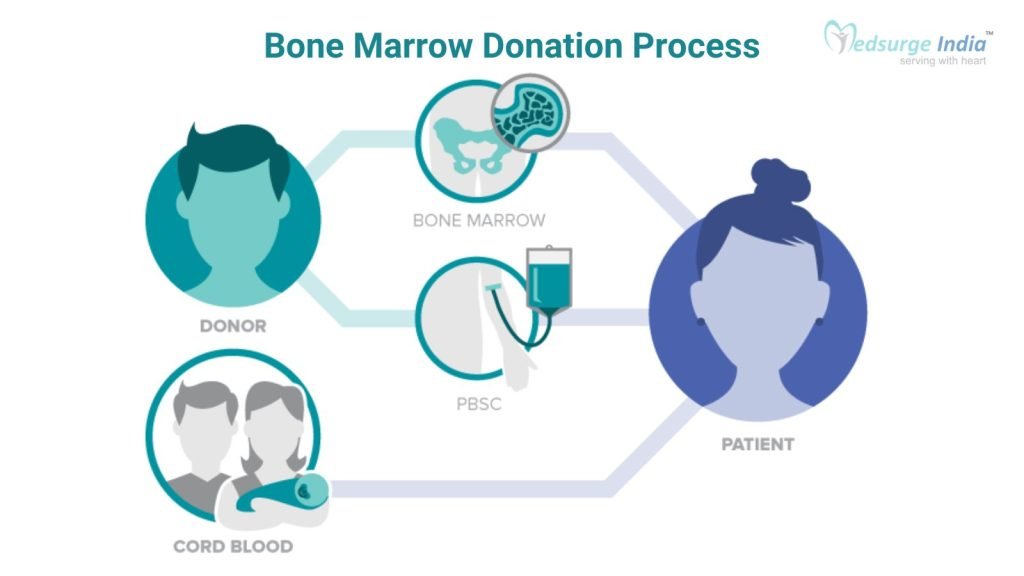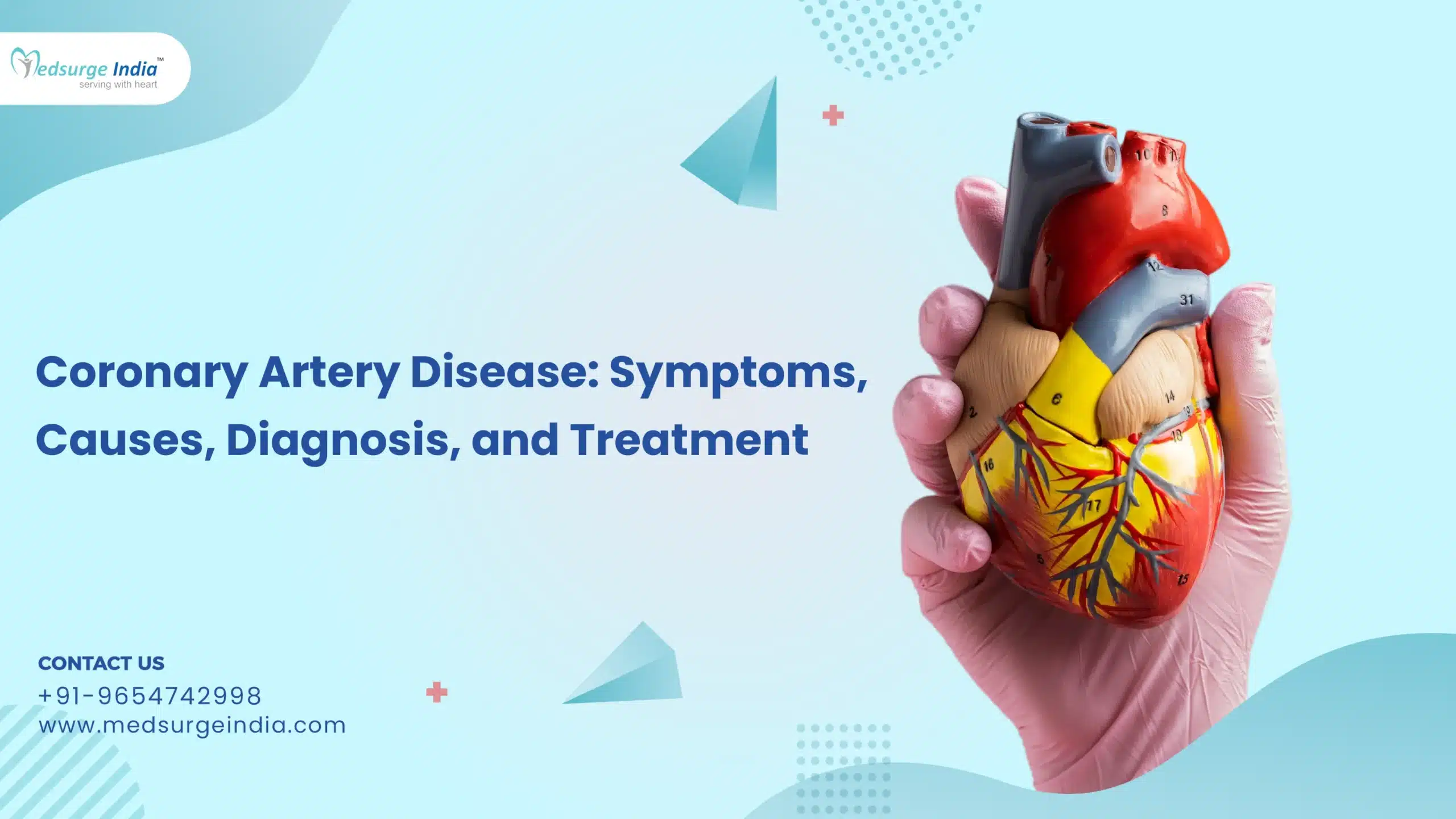
Bone Marrow Donation: All You Need To Know
Bone marrow is a spongy substance located in your big bones. It produces more than 200 billion brand-new blood cells, including platelets, white blood cells, and red blood cells. However, the process is flawed in individuals with bone marrow diseases, such as several cancer kinds. A bone marrow donation frequently offers the greatest chance of life and a shot at a cure. The good news is that bone marrow donation can be just as easy, simple, and harmless as blood donation.
Most healthy people aged 18 to 50 could be prospective blood and marrow stem cell donors. Finding the ideal donor for a bone marrow donation may be the only chance of recovery for some individuals.
What to Know About Bone Marrow Transplants
A bone marrow transplant substitutes unhealthy bone marrow with healthy tissue, typically blood-derived stem cells. Bone marrow transplants are also known as stem cell transplants for this reason. In an autologous donation (ALLO transplant), the patient receives bone marrow-derived blood stem cells from a donor. The blood that flows throughout another person’s body or the fetal cord blood can both serve as the source of the donated stem cells.
There’s a caveat, though. Human leukocyte antigen (HLA) typing is used to identify a compatible candidate before an ALLO transfusion. HLAs, particular proteins on the top of white blood cells and other cells that give each person’s tissue type a distinct identity are analyzed in this specialized blood test. A potential donation adverse effect known as graft vs. host disease is less likely to occur when the bone marrow is HLA-matched. GVHD occurs when the recipient’s body is attacked by immune cells that are present in the donated tissue because they perceive it as “foreign.”
Only around 30% of transplant patients can locate an HLA-matched donor among their close relatives. Doctors must locate bone marrow from additional donors that are HLA-matched for the remaining 70% of patients.
Know More – Role of Bone Marrow Transplant in Cancer Treatment
Bone Marrow Donation Process
Bone marrow donation is a medical procedure that involves collecting healthy blood-forming cells from a donor’s bone marrow and transplanting them into a patient who has a serious blood disorder, such as leukemia or sickle cell anemia. Here’s an overview of the bone marrow donation process:
1.Eligibility: Potential donors need to meet certain health criteria and be between the ages of 18 and 60. They also need to undergo a blood test to determine their tissue type, which is used to match them with a recipient.
2.Preparation: Once a donor is identified as a match, they will undergo a thorough physical examination and additional blood tests to ensure that they are healthy and able to donate. They may also receive injections of a medication that stimulates the production of blood-forming cells in their bone marrow.

4.Recovery: After PBSC donation, donors may experience side effects such as fatigue, headache, or bone pain for a few days. After bone marrow donation, donors may experience soreness or stiffness in the lower back for a few days. In both cases, the donor’s bone marrow will regenerate within a few weeks, and they should be able to resume normal activities shortly after the procedure.
5.Follow-up: Donors are typically monitored closely after the procedure to ensure that they are recovering well and to address any complications that may arise. Donors may also be asked to provide follow-up blood samples to assess the long-term impact of the donation on their health.
Why Donating Bone Marrow is Important
Bone marrow donation is important because it can save the lives of people who have certain blood disorders, such as leukemia and lymphoma, as well as other diseases that affect the bone marrow. The bone marrow is the spongy tissue inside bones that produces blood cells, including red blood cells that carry oxygen, white blood cells that fight infections, and platelets that help with blood clotting.
In some cases, a person’s bone marrow may not function properly due to a disease or condition, and a bone marrow transplant may be necessary to replace the damaged or diseased bone marrow with healthy bone marrow from a donor. The bone marrow transplant can help the recipient produce healthy blood cells and improve their overall health and quality of life.
Donating bone marrow is a relatively simple process that involves extracting stem cells from the donor’s bone marrow or bloodstream. The donated stem cells can then be transplanted into the recipient’s body, where they will begin to produce healthy blood cells. By donating bone marrow, individuals can help save the lives of people in need and make a significant impact on their well-being.
Are There Any Risks or Dangers in Donating Bone Marrow?
Donating bone marrow can be a safe and life-saving procedure, but like any medical procedure, it does carry some risks. The most common risks associated with bone marrow donation are:
- Anesthesia-rRelated risks: If you undergo general anesthesia for the bone marrow donation procedure, there is a small risk of complications, such as an allergic reaction, respiratory problems, or heart problems.
- Pain: You may experience pain or discomfort at the site where the bone marrow is collected, which is usually the hip bone. This pain can last for several days or weeks after the procedure.
- Infection: There is a risk of infection at the site where the bone marrow is collected, as well as a risk of infection from general anesthesia.
- Bleeding: There is a small risk of bleeding during or after the bone marrow donation procedure, especially if the donor is taking blood-thinning medications.
- Fatigue: Donors may experience fatigue or weakness for several days or weeks after the procedure.
It is important to discuss any concerns or questions you may have about bone marrow donation with your doctor or the medical team in charge of the procedure. They can provide you with more specific information about the risks and benefits of bone marrow donation, as well as any steps you can take to mitigate these risks.
Bottom Line
Even though millions of individuals sign up to give bone marrow around the globe, there is always a need for more donors. The match between the giver and receiver must be as near as feasible for bone marrow transplants to be successful. The greater the number of individuals who sign up to give, the greater the likelihood that someone fighting a life-threatening blood disease or blood cancer will receive a transplant. Speak with a healthcare professional if you’re interested in learning more about bone marrow donation.
Bone marrow transplants in India offer one of the finest services in the world. The average expense of a bone marrow donation in India depends on a number of variables, including whether it is autologous or allogeneic. The cost of a bone marrow transplant in India is also affected by medical diseases such as lymphoma, myeloma, leukemia, and thalassemia. Visit or contact us at Medsurge India for any queries.
Reference












